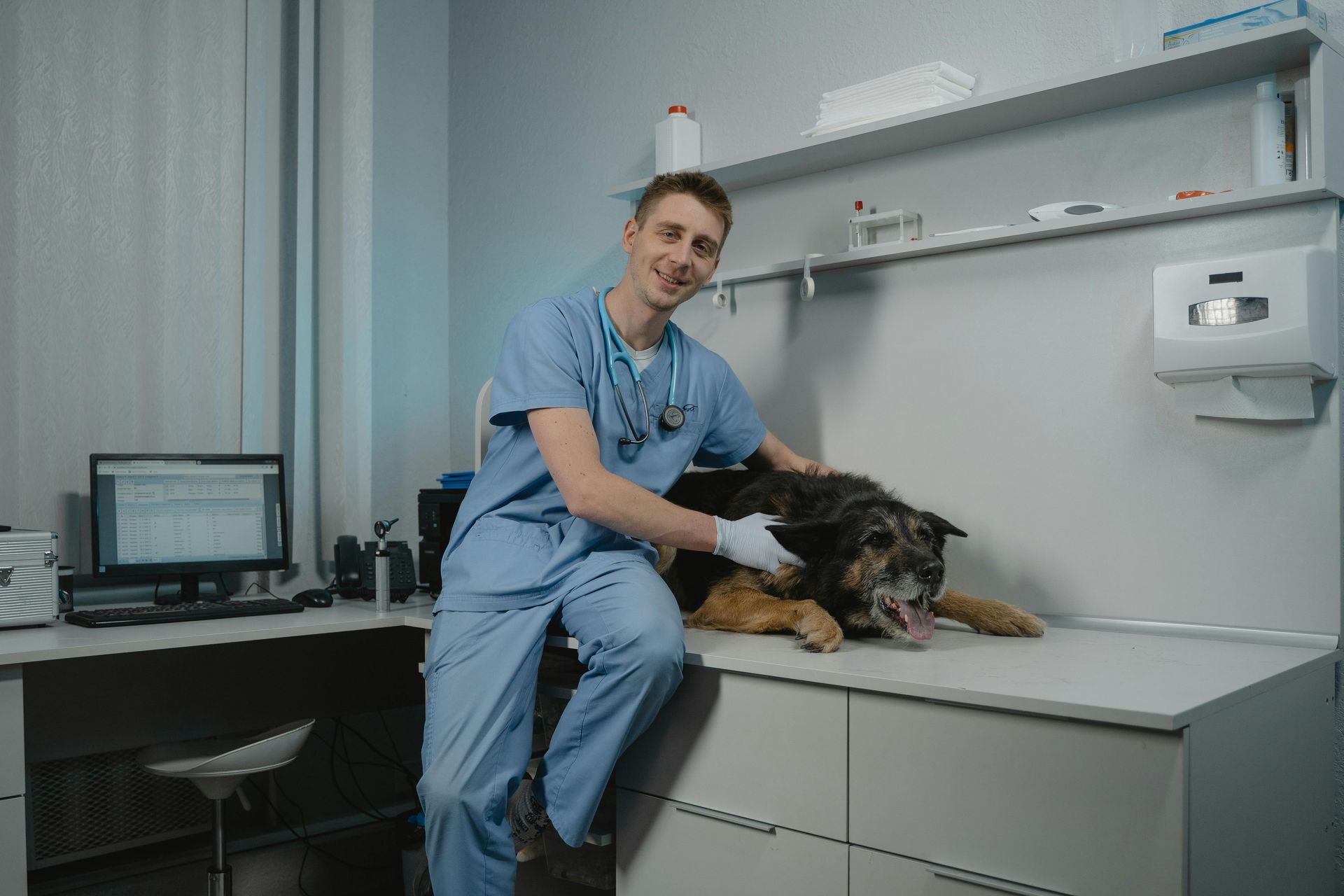The Role of Supplements in Canine Nutrition
Understanding Canine Nutritional Needs
Dogs require a balanced diet consisting of proteins, fats, carbohydrates, vitamins, and minerals. However, not all dog foods provide every nutrient in the required quantities. Understanding your dog's specific nutritional needs is the first step in identifying potential gaps in their diet.
The complexities of canine nutrition are vast, but knowing the basics can help you ensure your pet lives a healthy and vibrant life. According to the Association of American Feed Control Officials (AAFCO), dogs need a specific balance of nutrients to thrive. These include adequate amounts of protein for muscle health, healthy fats for energy, carbohydrates for quick bursts of energy, and various vitamins and minerals that aid in everything from bone maintenance to immune function.
When evaluating your dog's diet, it's essential to read food labels carefully. The term 'complete and balanced' indicates that the food meets the nutritional requirements set by AAFCO. However, these regulations allow a wide range of formulations, so it's worth looking at the source of the primary nutrients. Whole meats or meat meals should ideally be at the top of the ingredient list, followed by high-quality sources of fats and carbohydrates like fish oils and brown rice.
Common Nutritional Deficiencies in Dogs
Even with the best intentions, many dog owners may find that their pets are deficient in certain nutrients. Common deficiencies include omega-3 fatty acids, vitamins, and minerals. Identifying these deficiencies is crucial in determining which supplements may be beneficial.
Omega-3 fatty acids are essential for reducing inflammation, supporting brain function, and maintaining a healthy coat. A deficiency in omega-3s can lead to dull fur, skin lesions, and even cognitive issues. Supplements like fish oil can significantly boost these levels, resulting in a noticeable improvement in your dog's overall health.
Vitamins such as B-complex and vitamin D often need supplementation, particularly if your dog is on a home-cooked or raw diet. A lack of B vitamins can manifest as fatigue, poor coat quality, and decreased immune function. Similarly, vitamin D is crucial for calcium absorption and bone health, and its deficiency can lead to rickets or osteoporosis. Fruits and vegetables, while beneficial, might not supply these nutrients in adequate amounts, necessitating the use of high-quality supplements.
Types of Supplements for Dogs
There are various types of supplements available, each designed to address different aspects of canine health. These include multivitamins, probiotics, fatty acid supplements, joint supplements, and specialty supplements for skin, coat, and digestive health.
Multivitamins are often formulated to fill in the gaps in a dog's diet, providing a spectrum of essential nutrients to maintain overall health. Fatty acid supplements, particularly those rich in Omega-3 and Omega-6, are popular for promoting a glossy coat and reducing skin inflammation. Joint supplements like glucosamine and chondroitin are frequently recommended for older dogs or breeds prone to joint issues, as they can help maintain cartilage health and alleviate arthritis symptoms.
Probiotics support a healthy digestive system by balancing the gut microbiome, which is intrinsically linked to a dog's immune system. Digestive enzymes, on the other hand, assist in breaking down food more efficiently, ensuring your dog absorbs the maximum nutrients from their meals. Specialty supplements like those containing MSM, turmeric, or even CBD are gaining popularity for their anti-inflammatory and pain relief properties, offering natural alternatives to pharmaceutical interventions.
The Benefits of Supplementing Your Dog's Diet
Supplements can provide numerous benefits, such as improved coat condition, better joint health, enhanced immune system function, and overall better well-being. They can also help manage specific health issues such as allergies and digestive problems.
Adding supplements to your dog's diet can lead to a shinier, more vibrant coat and reduce excessive shedding. Joint health supplements, particularly those containing glucosamine, chondroitin, and MSM, can significantly alleviate symptoms of arthritis, helping your dog remain active and comfortable in their senior years.
Supplements also enhance immune system function, enabling your dog to better fend off infections and recover more swiftly from illnesses. Probiotics and digestive enzymes can alleviate symptoms of irritable bowel syndrome and other gastrointestinal disorders, leading to more stable digestion and fewer instances of diarrhea or constipation. By managing these health issues through supplementation, you can improve your dog’s quality of life and even extend their lifespan.
Choosing the Right Supplements for Your Pet
Not all supplements are created equal. It's important to choose high-quality, vet-recommended supplements. Research the brands, read reviews, and consult with your veterinarian to make an informed decision that best meets your dog's needs.
When selecting supplements, look for those that are specifically formulated for dogs, as human supplements can often be harmful. Reading customer reviews and seeking recommendations from your primary veterinary care provider can also be beneficial in making an informed choice. Always opt for reputable brands that adhere to Good Manufacturing Practices (GMP) and are third-party tested to ensure purity and efficacy.
Your vet can also provide personalized recommendations based on your dog’s specific medical history and nutritional needs. For instance, some supplements can interact with medications or exacerbate certain medical conditions. Always discuss any new supplements with your vet during routine examinations to ensure they are appropriate for your pet.
How to Introduce Supplements to Your Dog's Diet
Gradually introducing supplements to your dog's diet can help avoid any adverse reactions. Start with a small dose and monitor your dog's response before gradually increasing to the recommended amount. Always follow the dosage instructions provided by your veterinarian or the supplement manufacturer.
To ease your dog into taking supplements, you can mix them with their regular food or opt for flavored versions designed to appeal to canine taste buds. Keep a close eye on your dog for any signs of digestive upset or allergic reactions during the initial stages. Adjusting the dose gradually allows your dog’s system to adapt without causing undue stress or discomfort.
It’s also a good practice to consult with your vet if you notice any changes in your dog's behavior, appetite, or overall health after starting a new supplement regimen. Your vet might recommend blood work or other tests to ensure that the supplements are effectively improving your pet's nutrition without causing any side effects. This kind of preventative care helps in catching any potential issues early and adjusting the supplementation as needed.
Making the Right Choice for Your Canine Companion
Supplements can significantly enhance your dog's nutrition and overall health, but knowing which supplements to choose and how to use them effectively is key. Always consult with your veterinarian to ensure that you are making the best choices for your canine companion. With the right supplements, you can help your dog live a healthier, happier life.








